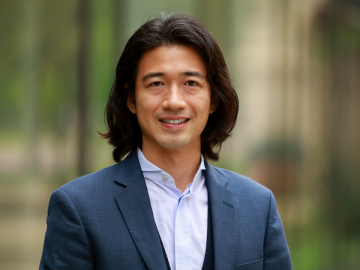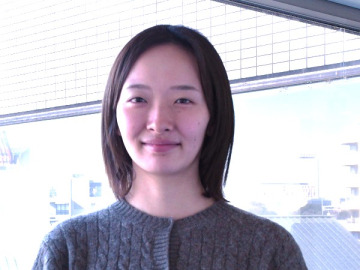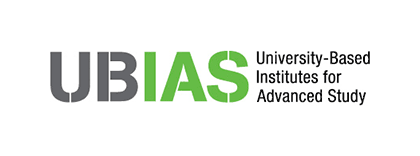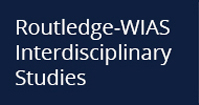“What effect reduces plastic waste most? The case of Japanese manufacturing”(2月9日)
主催
早稲田大学高等研究所
共催
早稲田大学環境経済・経営研究所
早稲田大学現代政治経済研究所 再生可能エネルギー研究部会
登壇者
富山大学 学術研究部 社会科学系 教授
富山大学 研究推進機構 極東地域研究センター 教授
After working at a private research institute in Tokyo, Professor Yamamoto completed his Ph.D. in Economics at Keio University in 2008. His major research interest is environmental and resource economics especially in the eld of waste management and recycling.
Professor Yamamoto’s work has been published in academic journals including Journal of Environmental Economics and Management, Resource and Energy Economics, Regional Science and Urban Economics and Science of the Total Environment. He is also a co-editor of a book, Economics of Waste Management in East Asia (Routledge, 2016).
Professor Yamamoto has been committed to real world’s policy making process through his work in numerous government committees to revise recycling laws in Japan. He is also an expert member of Technical Committee 323 (circular economy) in the International Organization for Standardization (ISO).
司会者
政治経済学部教授、高等研究所所長
日時
2021年2月9日(火)16:00 – 17:30
会場
Zoomによるオンライン配信
開催言語
英語
主旨
In recent years, increasing attention has been paid to plastic waste, but in most cases, only household plastic waste has received attention. Knowing that the amount of plastic waste from households and that from manufacturing are almost the same in Japan, we focus on the change in plastic waste emissions from manufacturing from 2004 to 2018.
Following the novel method of Levinson (2015, JAERE), we decompose the emissions of plastic waste into scale effects, composition effects and (in)direct technique effects. This first application of the method in waste generation shows that the composition effect has very limited contribution to the decrease of plastic waste, if not increased pollution emissions. The result in our analysis is rather similar to Brunel (2017, ERE) and Cole and Zhang (2019, Econ. Letts.) although their targets are CO2 and air pollution in EU and China.
Before presenting my original research above, I would like to compare some key indicators in waste and recycling among OECD countries and explain the characteristics of Japanese version of circular economy in contrast to European Union’s.
対象者
大学院生、教員
申込方法
セミナーに参加ご希望の方は、件名を「Feb. 9th WIAS Sustainability Seminar」として、お名前、ご所属を記載のうえ、2月5日(金)までに rieem.waseda〔at〕gmail.com までメールをお送りください。
2月8日(月)までにウェビナー登録URLを記載した案内メールを返信いたします。










